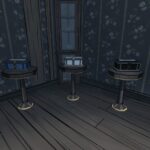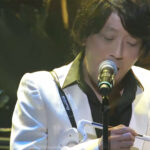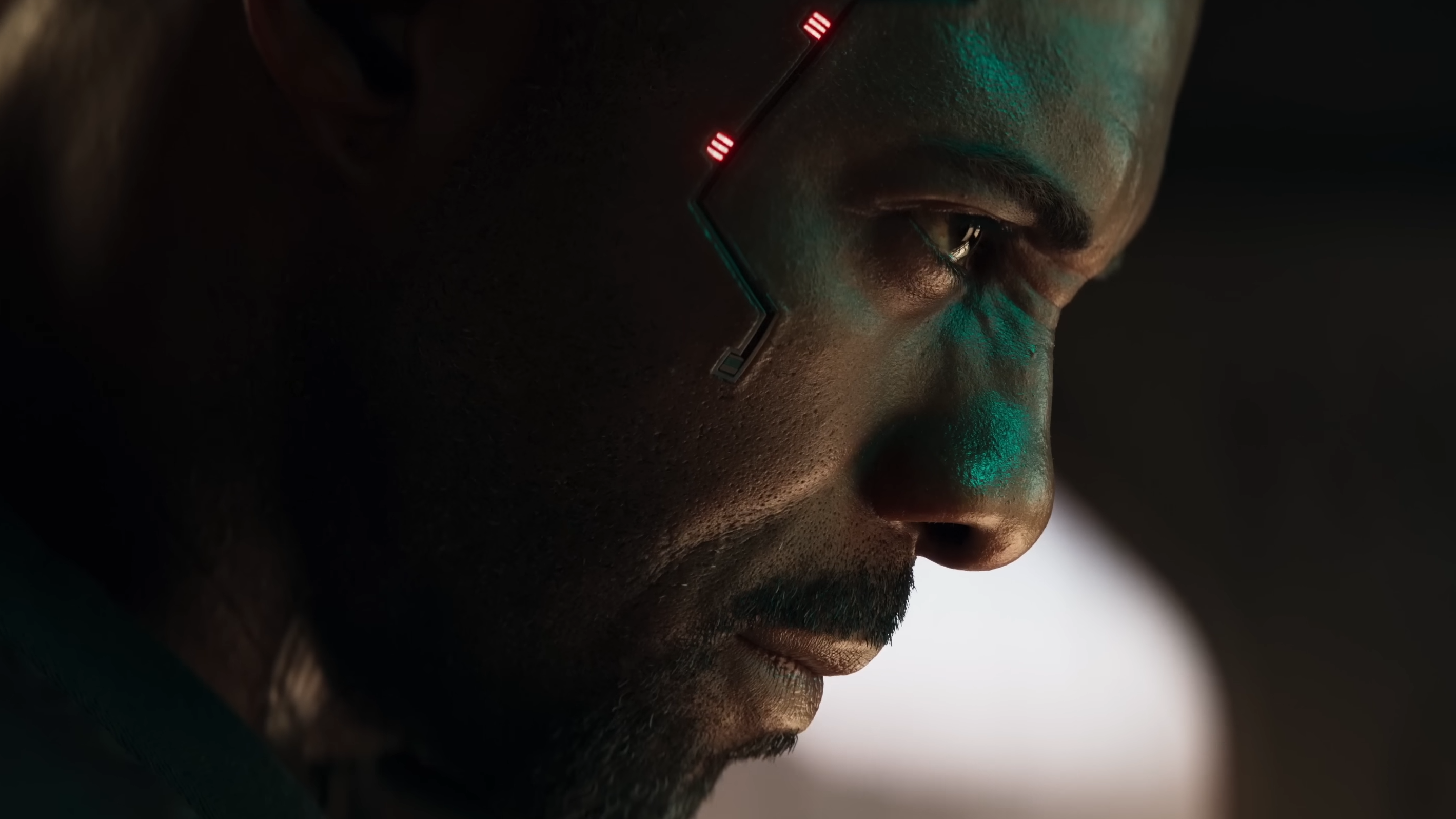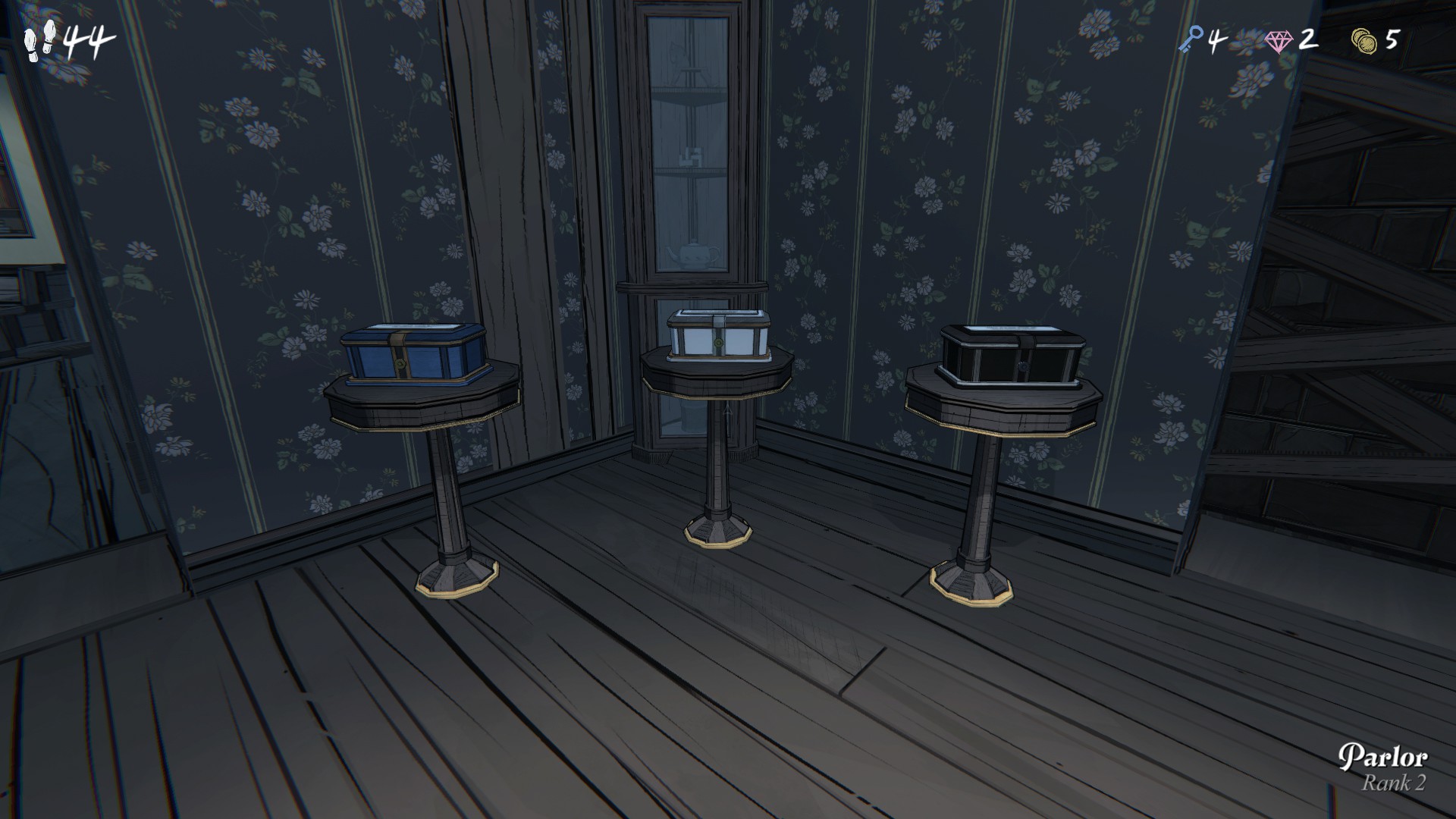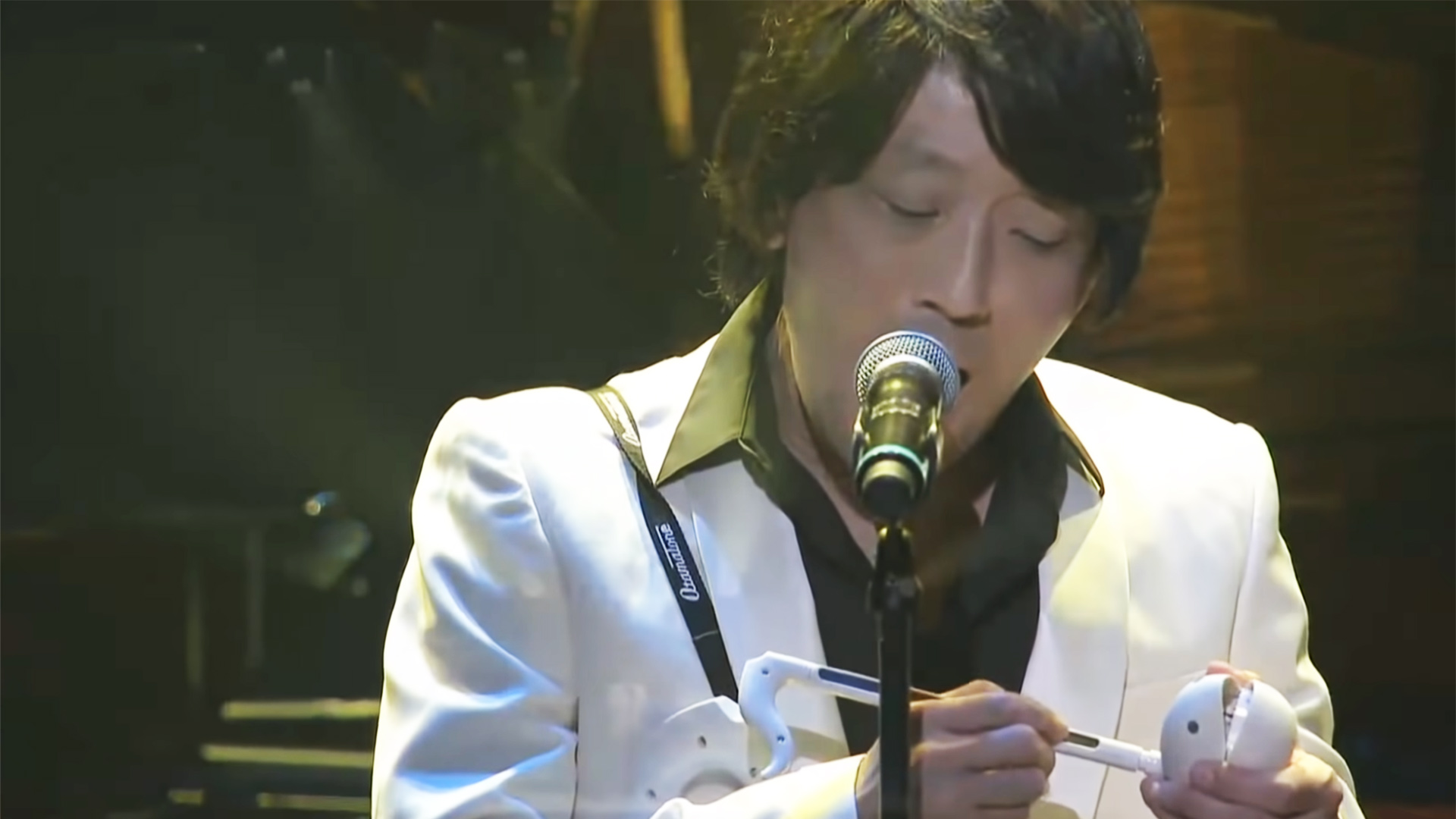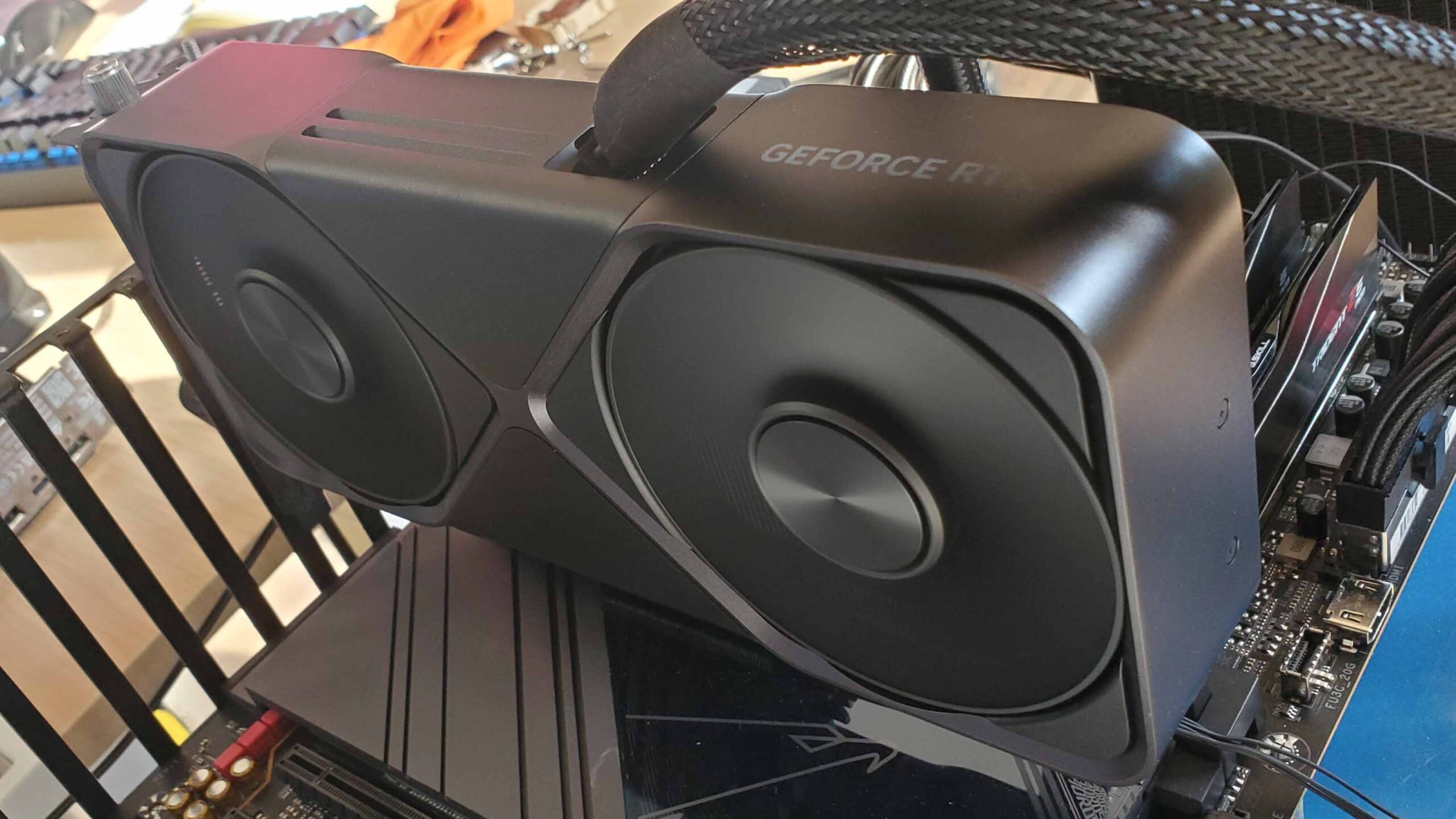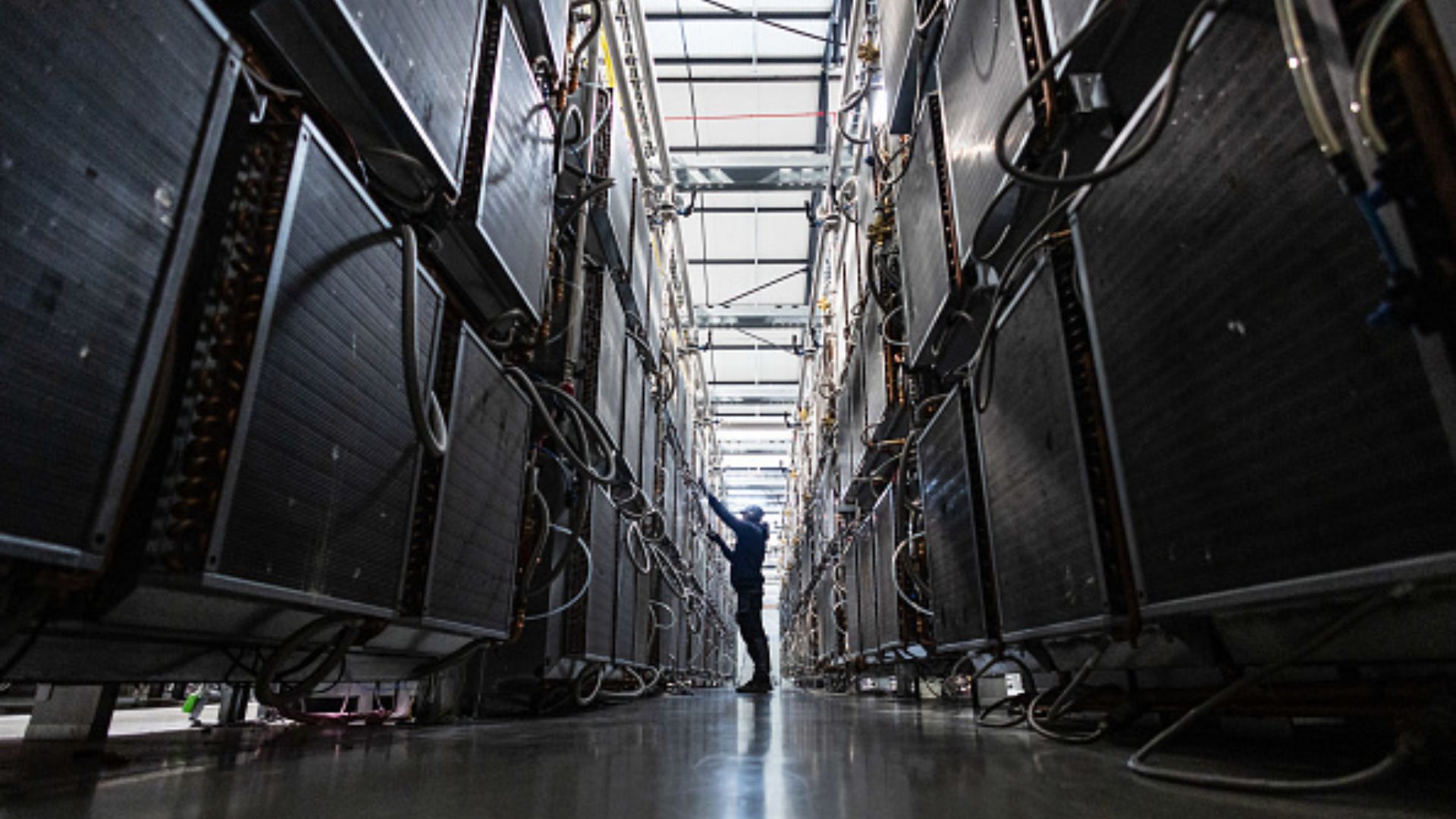This article first appeared in PC Gamer magazine issue 391 in December 2023, as part of our Why I Love series. Every month we talk about our favourite characters, mechanics, moments, and concepts in games—and explain why we adore them so much.
I’m ten hours into Cyberpunk 2077’s Phantom Liberty DLC and Idris Elba is mad at me. All I want to do is find the right angle so my V looks as cool as possible and he thinks I need to “quit wasting time” and save the president of the New United States.
I’m sorry Mr Elba, sometimes you see something so visually striking that you have to capture it. The president can wait. I’ve got screenshots to take and as much time as I want to fiddle around with Cyberpunk’s 2.0 update and all its new graphical upgrades.
I’ve got a PC that can handle a lot of modern games, but Cyberpunk still destroys my framerate if I turn on its new path tracing mode. But that’s OK, there’s an option to only have it on while you’re in the photo mode. And wow, does it look stunning. Characters get soft reflections from the ambient light on their clothes and everything looks a little brighter. Path tracing especially stands out at night when Cyberpunk’s neon signage blankets the streets. It’s so beautiful that I keep interrupting missions to see what kind of shots I can take.
First-person shooter
(Image credit: CD Projekt RED)
(Image credit: CD Projekt RED)
(Image credit: CD Projekt RED)
(Image credit: CD Projekt RED)
(Image credit: CD Projekt RED)
Cyberpunk’s photo mode is wonky to use at first. You have control over the floating camera but it’s anchored to an orbit around V, making it a pain to fit NPCs into a shot. I’ve had to walk right up into their faces and enter photo mode so I don’t get leashed backward. I could use a mod to break the camera free, but I like the challenge.
Like a lot of photo modes, Cyberpunk’s doesn’t have an option to create sources of light. It does have an option to pose V as if she’s shooting her gun though. And you know what guns do? They make muzzle flashes that work great for brightening up a scene. You can select a pose and then twist V around until she’s just out of frame. It works brilliantly despite how stupid it looks.
From there, you can do basic things like tilt the camera or pull the FOV in to bring the foreground closer to your subject. I’ve only taken close-ups of characters so far, but I’d love to find some moody spots in the city to shoot, too. NPCs are fun because you can freeze them mid-animation. I found a lady sitting at a table in the middle of a market peering down at her phone. The glow on her face reminded me of standing in a crowd at a busy bus stop in the winter, and I wanted to emulate that as much as I could.
(Image credit: CD Projekt RED)
Photo mode lets you play with the brightness and highlights to isolate that glow with all the other lights going on. I just wish it had more granular controls for tinting the scene with colours. You can activate several effects that run the image through a bunch of preset styles, but none of them add the subtle amount of blue I need for it to feel cold. This is exactly where a fan-made mod could step in and solve my problem, and I might try one eventually. As it is, I like working with the constraints.
Action shots are harder to pull off, and not just because they’ll get you killed. Combat in Cyberpunk is so erratic; it’s hard enough trying to pause the game the moment something looks cool. I imagine that’s why you can access a bunch of action poses for V. But I want the real thing.
I just wish it had more granular controls for tinting the scene with colours.
Quicksaves are your friend here, and I would like to personally thank whoever added the option to let you nudge V around if she isn’t quite where you want her. More photo modes need that feature. It’s the only way you can massage all the chaos of Cyberpunk’s firefights into something that looks distinct.
At this point, I’ve developed an eye for what works and doesn’t work as a screenshot in Cyberpunk, and I’m eager to learn even more. Phantom Liberty’s new missions aren’t helping me keep my finger off the photo mode button, however. Your first real meeting with Elba’s character, Solomon Reed, he’s pacing back and forth in a dark room with strips of light coming in through the blinds wrapped around him. It’s extremely noir and, yes, I spent 30 minutes there trying to frame it like that.

